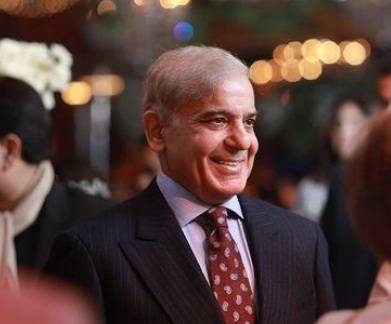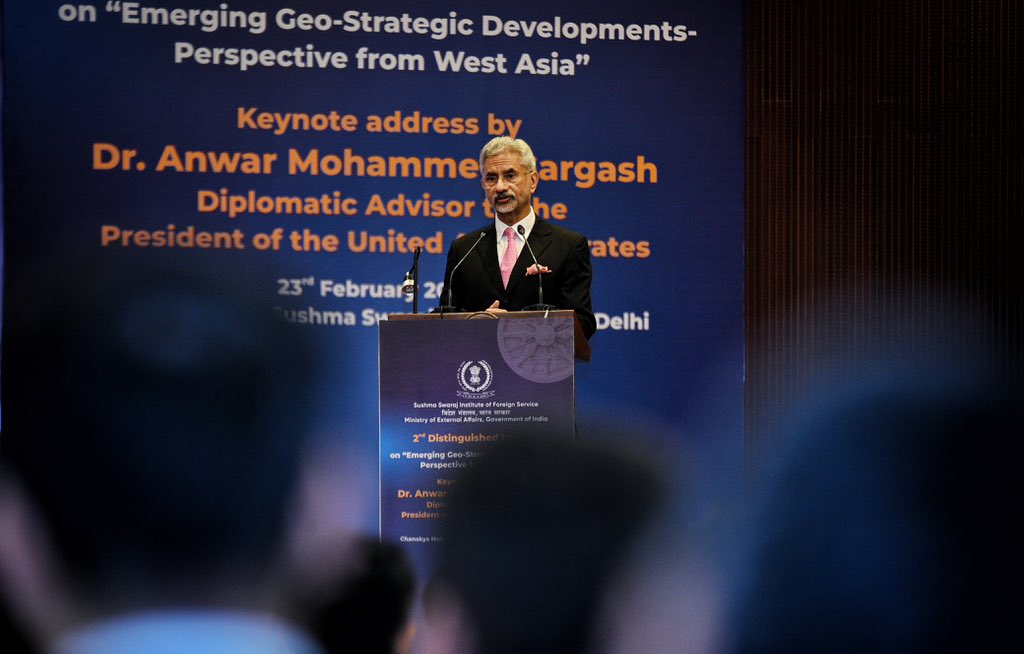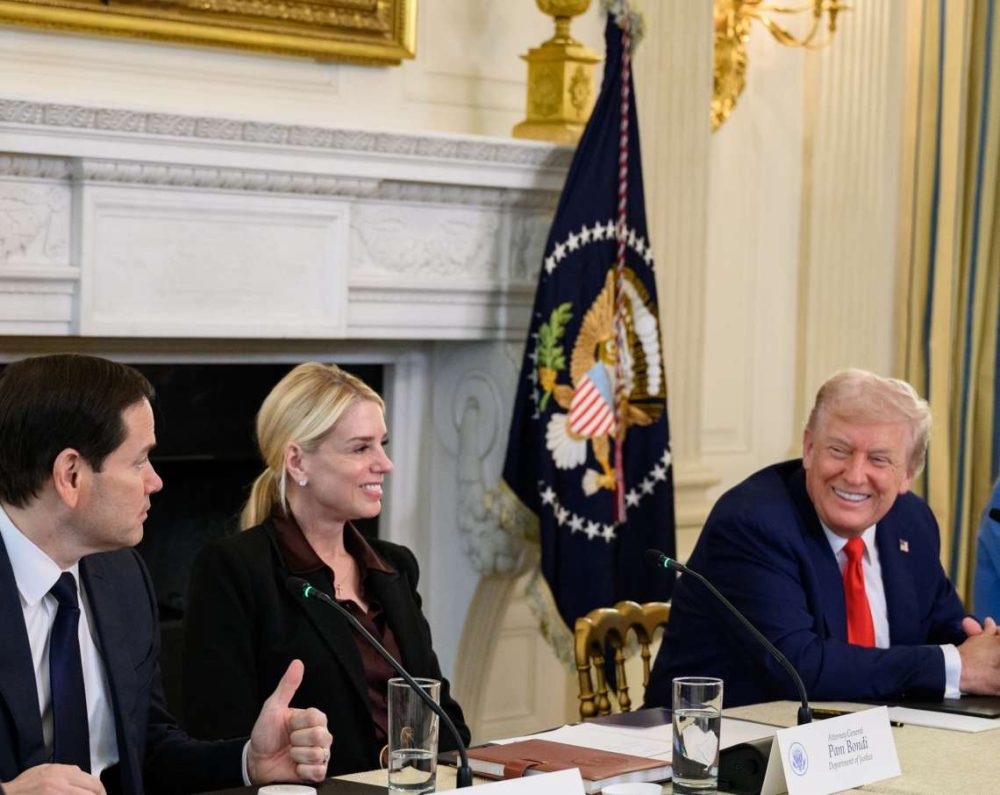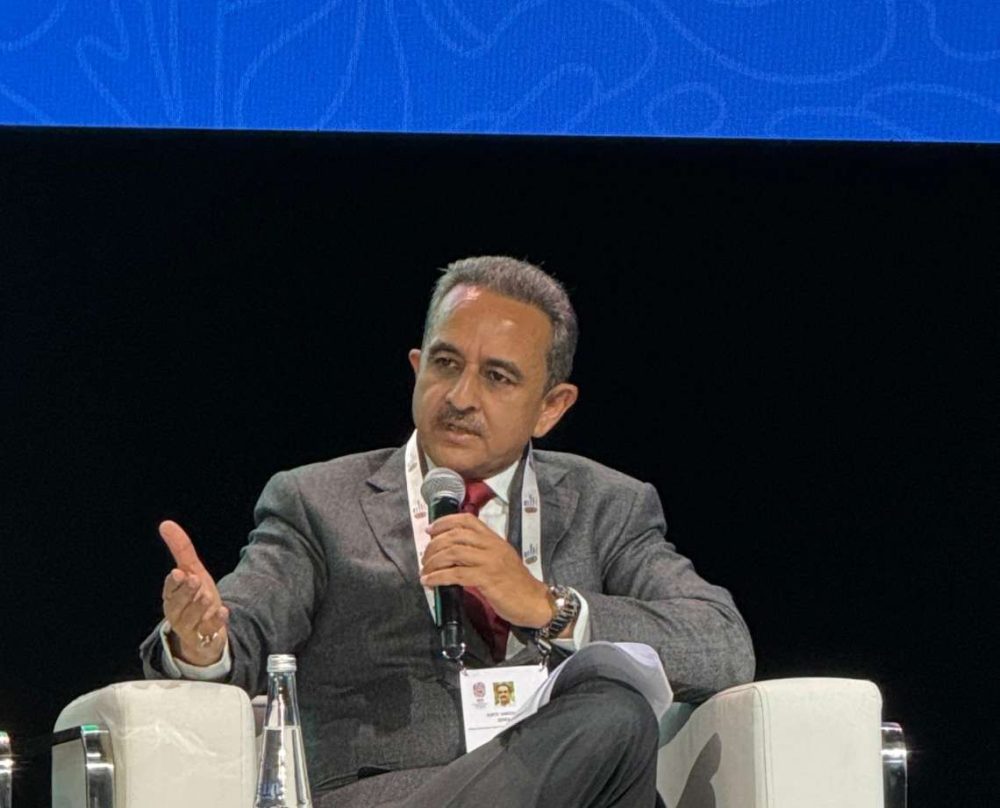The Shehbaz Sharif government will be hard pressed to keep the balance between increasingly belligerent super powers and internal power dynamics between his party and PPP and the army. A humiliated Nawaz Sharif could prove to be his first thorn … writes Dr Sakariya Kareem
As and when Shehbaz Sharif takes over as the new Prime Minister, his biggest challenge would be “how to steer Pakistan’s economy to a certain modicum of stability”. But he faces three immediate stumbling blocks–his elder brother Nawaz Sharif, the Army chief General Asim Munir and the International Monetary Fund (IMF).
The situation in which Shehbaz Sharif takes over the reins is as gloomy as ever. International investment adviser Moody’s had warned of grave macroeconomic challenges like precarious balance of payments, abysmally weak growth and skyrocketing inflation which calls for immediate and astute handling. Such warnings are symptomatic of West’s critical view of the questionable process of the recent elections in the country.
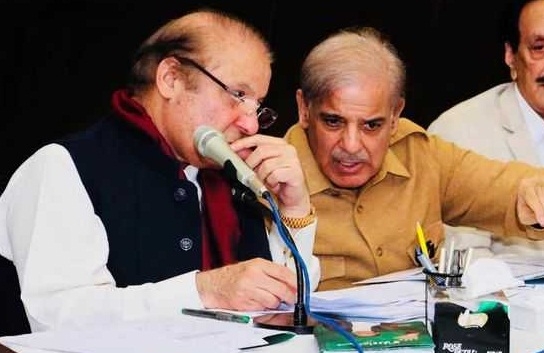
Pakistan’s financial report, published by the State Bank of Pakistan recently, indicated a phenomenal spike in total debt and liabilities putting the figure at PKR 81.2 trillion, almost over 27% hike during the past year. The report put the government’s accumulated debt at a rate of 27.2%, averaging PKR 48 billion per day since December 2022, one of the highest monthly increases in public debt, which includes five months of the caretaker government.
To add to this yeoman challenge are the high rates of inflation and unemployment which have been hammering at the quality and dignity of life of ordinary citizens for the past few years. As per the Ministry of Finance’s latest Fiscal Policy Statement 2024, the debt burden of every citizen jumped by 25.2% to PKR 271,624 by the end of the previous fiscal year. In absolute terms, every person’s debt burden increased by PKR 54,500 within one year.
These humongous challenges are further burdened by internal and external forces which have a significant bearing on how the younger Sharif begins his innings. His elder brother will be the first to put the first set of spokes in the wheel. Like in the first tenure, which ended last August, both the Sharif brothers betrayed clear differences over economic policies and the Finance Minister.
Now both these critical choices have to be approved by the Zardari clan and the Army.
The army is a critical factor in running the economy. General Munir has been actively seeking investments, and running key economic projects like corporate farming. He was instrumental in creating the Special Investment Facilitation Council (SIFC), a key vehicle for attracting investments from abroad. The council is peopled with army officers. In its earlier avatar, the Shehbaz government had been instrumental in the army procuring thousands of acres of farmland in Sindh, Punjab and Khyber Pakhtunkhwa. Pak Army’s hold over the council is likely to be even stronger this time around.
The third factor with many strands of influence is the IMF. The IMF represents the West and will remain a key factor in the life of Pakistan till it can swim on its own. The West, especially the United States, will use the IMF as leverage to make Pakistan act as its strategic mule, especially in countering the expanding influence of China, Iran and Russia. China’s role in Pakistan will increase exponentially, through its investments, bailouts and diplomatic support. The Shehbaz Sharif government will be hard-pressed to keep the balance between increasingly belligerent superpowers and internal power dynamics between his party PPP and the army. A humiliated Nawaz Sharif could prove to be his first thorn.


